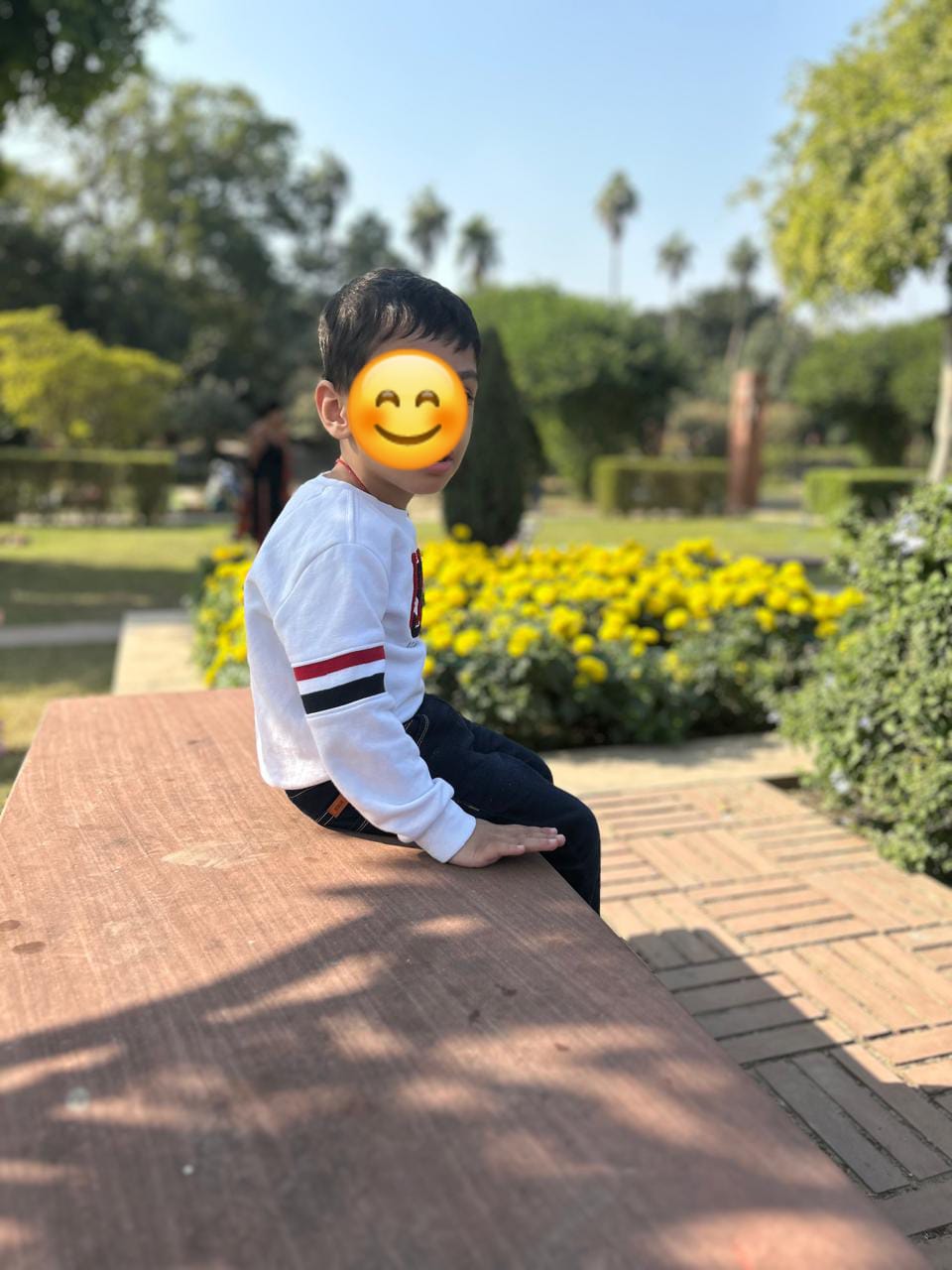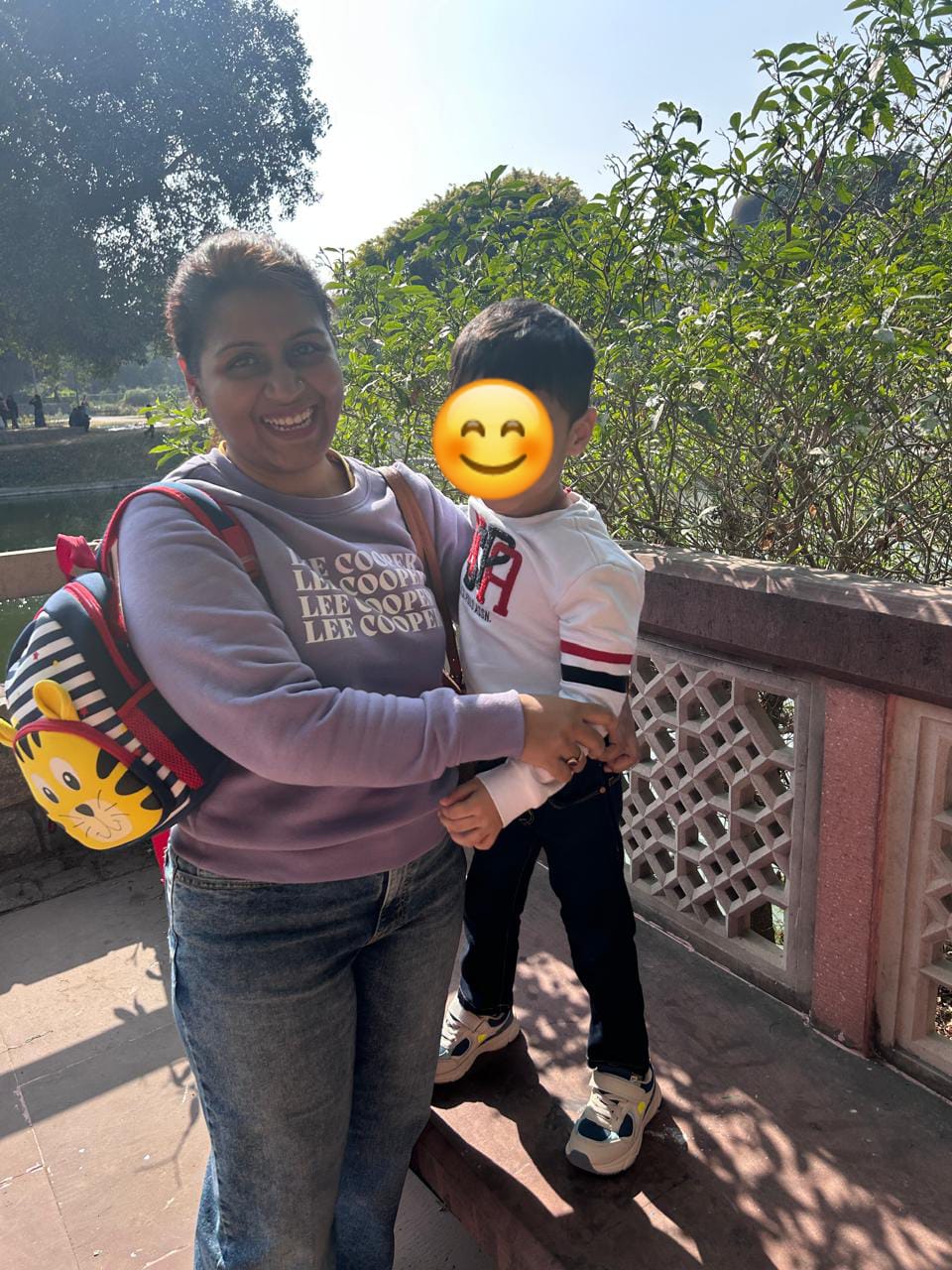.webp)
Dear Diary,
If motherhood has taught me anything, it is how to fight—not with fists, but with words, letters, appointments, applications, and endless persistence. I never imagined that being a mother to a neurodivergent child would mean becoming a part-time researcher, therapist, coordinator, and policy navigator. But here I am.
Mom’s Diary: part-III
When Taksh was diagnosed with autism, I didn’t expect magic from the government. However, I did expect structure, some clarity, and most of all—support. What I encountered instead was confusion, inconsistency, and a system that still hasn’t fully opened its eyes to what autism truly is.
Yes, Delhi has made some progress with government hospitals offering developmental assessments. Some government schools appear to be inclusive. There are disability certificates, and rights enshrined in the RPWD (Rights of Persons with Disabilities) Act. But the gap between policy and practice is still heartbreakingly wide.
Let me share some of the hurdles we face.
The diagnosis delay
Government hospitals are often overloaded. Waiting for a proper developmental assessment takes months. And without an official diagnosis, access to therapy services, special schools, or disability benefits remains blocked. I could afford the private center for assessment but what about people who cannot? These limitations result in losing months—sometimes years—families lose precious early intervention time when therapies can make the most difference.

Taksh playing in the garden
The therapy drought
Even after diagnosis, finding consistent, government-supported therapy (like speech therapy, occupational therapy, or ABA) is almost impossible. Most government facilities are under-resourced. We’ve had to rely on private centers, which are expensive—and beyond reach for so many families. Why should something as basic as therapy for a developmental condition be a luxury?
The disability certificate maze
Getting a disability certificate is a multi-step process—hospital referrals, endless paperwork, long queues, and multiple evaluations. And even when you finally get it, many don’t understand that autism isn’t a static disability. It's a spectrum. It fluctuates. But the system demands a fixed percentage—as if our children’s abilities can be reduced to numbers on a form.
The school system’s silence:
Mainstream schools often advertise as inclusive, but in practice, they are not trained or equipped to handle children like Taksh. Special educators are few, infrastructure is inadequate, and worst of all, many educators still believe autism means “mental retardation.” Ignorance is not just painful—it’s dangerous.
What I want to tell our government is simple
We’re not asking for handouts. We’re asking for the rights our children are already entitled to.
This isn’t a complaint—this is a mother’s plea for progress. A mother who knows we can do better.
Here’s my honest feedback:
Build early intervention centers for autism in every district.
Not just for diagnosis, but for real support. We need centers where therapy isn’t scattered—where speech, occupational, and behavioral therapies are offered under one roof. These centers should be within reach of every town, with trained professionals who truly understand autism and can guide families through the journey.

Taksh with his mother
Invest in people who support our children.
We don’t have enough developmental pediatricians, speech therapists, occupational therapists (OTs), or special educators. Support the creation of more training programs and professional certifications. We need a stronger, more accessible public system—one that doesn’t make us wait months for appointments.
Make the disability certificate process easier and more humane.
Simplify the process for families. Make it available online, with tracking. And most importantly, train staff to recognize that autism isn’t always visible. Just because a child looks “okay” doesn’t mean they aren’t facing real challenges.
Make inclusive education truly inclusive.
Inclusion isn’t about placing a child with autism in a regular classroom and hoping for the best. It’s about giving them the tools and environment to learn and thrive especially funds for special education in both government and private schools. Enforce the RPWD Act. Train teachers. Inclusion should feel like belonging—not just placement.
Spread awareness
Autism is still misunderstood, even feared, in many communities. We need national awareness campaigns, street plays, school programs, and sensitization workshops in government offices. Let’s start conversations that break stigma and build empathy. Understanding is the first step toward acceptance.
Don’t forget the parents
We’re exhausted—mentally, emotionally, financially. We need more than hope. We need action. Support groups, help lines, parent training sessions—these can be lifelines. And please—train staff in public spaces like airports, hospitals, and malls to support families with autistic children. If Dubai can become the world’s first autism-certified travel destination, why can’t we dream of the same here?
We don’t want sympathy—we want systems that work.We believe in our children. All we ask is that you believe in them too.
I write this not out of frustration, but out of hope that someone in the right place reads this and says, “We can do better.”
ALSO READ: A journey with Taksh: society’s gaze and a mother’s wish
Because we can and we must do it for Taksh and every child like him; And for every mother who dares to dream a little bigger for her baby.
With hope,
A Mom Who Won’t Give Up
